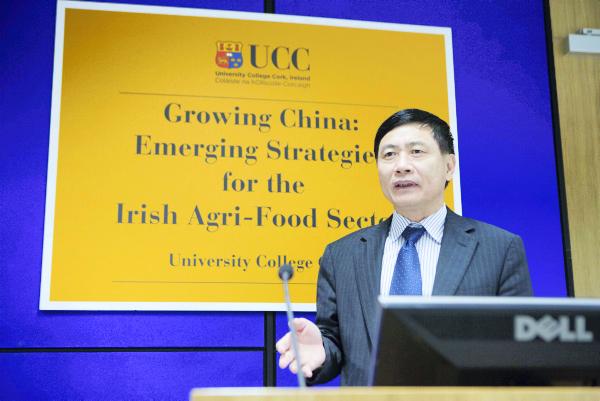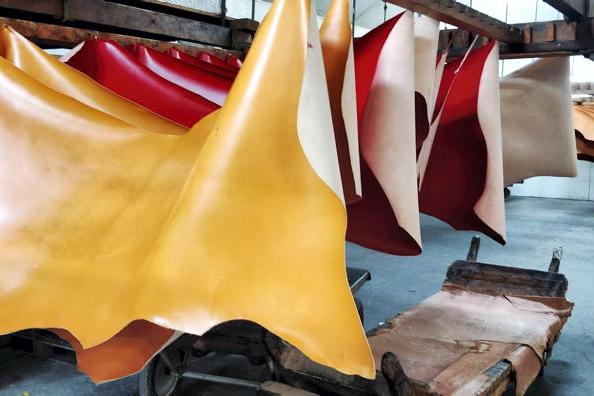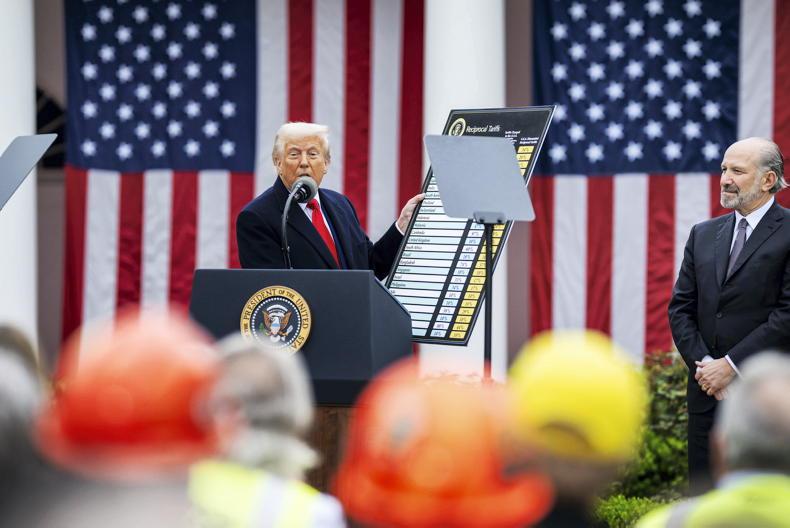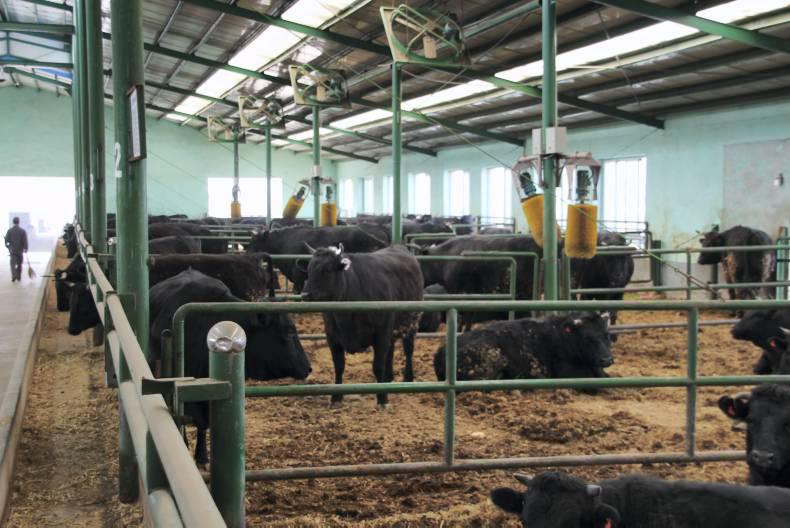The potential for the Irish dairy sector was the central theme at a symposium on exporting from Ireland to China last week.
The event, entitled Growing China – Emerging Strategies for the Irish Agri-Food Sector, took place in University College Cork (UCC) to inform Irish food companies interested in exporting to China on all the rules, regulations as well as the cultural differences that exist between the two countries. It was addressed by the Chinese ambassador, XU Jianguo.
The symposium was organised by Professor Deirdre Hunt and Professor Jackie Sheehan of UCC. The university ran a course designed to help any organisation interested in doing business with China or any of the South Asian countries to integrate quicker with businesses in the region.
Professor Sheehan said language was only one of the areas that had to be taken on board; there was also the regulations in China relating to foreign and domestic companies. She also spoke on the pros and cons of partnering or doing business with Chinese dairy companies.
Doing business with China entails the involvement of the Chinese government. Last year, there were at least eight separate government bodies which issued regulations, policies and guidelines for the dairy industry there. These policies and regulations will be updated every five years.
Ambassador XU Jianguo went into detail on the provision of the administration of the registration of foreign manufacturers of imported food. These provisions are enacted to strengthen the supervision and administration of foreign manufacturers of imported food with regard to food safety.
Mr Song Dayang, economic and commercial attaché at the Chinese Embassy in Dublin, told the audience there is huge demand for dairy products, with a 7% annual increase in liquid milk consumption and 5.15% increase in other dairy products.
Infant formula is where the greatest expansion of imported product is taking place, with a yearly increase of 36%, which is equivalent to 17% of China’s national output.
Irish companies who trade with China are able to convey the high quality of our grass-based production and that we hold 10% of global infant formula manufacture.
The visit to Ireland by Chinese inspectors found Irish co-ops and dairy companies to be of the highest standard, and they met all the requirements.
The CNCA (China’s Certification and Accreditation Administration body) organises and implements the registration of foreign manufacturers of imported food as well as their supervision and administration.
When the imported food listed in the catalogue enters the country, the entry-exit inspection and quarantine authorities will check whether it is produced by the registered manufacturer, and whether the registration number is true and accurate.
Trevor O’ Regan of the Irish project management group posed the question, are we overlooking South East Asia as an alternative market?
ASEAN – association of South East Asian Nations – consists of Indonesia, Philippines, Vietnam, Thailand, Myanmar, Malaysia, Cambodia, Laos, Singapore and Brunei. It has dramatically outpaced the rest of the world on growth in GDP per capita since the late 1970s.
Vietnam took just 11 years (1995-2006) to double its per capita GDP from $1,300 to $2,600. Already there are 67 million households in ASEAN who are part of the consumer class. This is projected to double by 2025 to 125 million.









SHARING OPTIONS